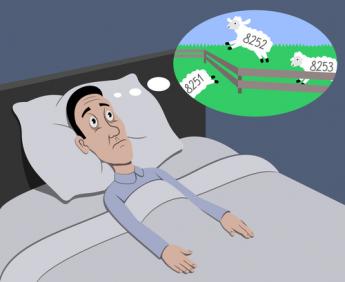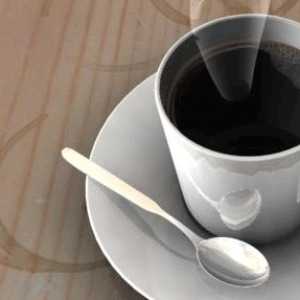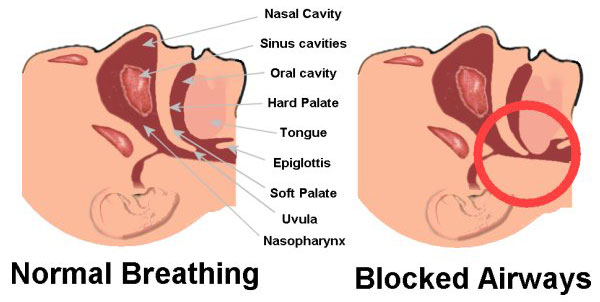Related Topics
Old Age, Re-designed
A grumpy analysis of future trends from a member of the Grumpy Generation.
Customs, Culture and Traditions (2)
.
Right Angle Club 2010
2010 is coming to a close, a lame-duck session is upon us, and probably after that will come two years of gridlock. But the Philadelphia Men's Club called the Right Angle, keeps right on talking about the current scene. A few of these current contents relate to speeches given elsewhere.
Insomnia

|
| Philip Gehrman PhD |
Philip Gehrman Ph.D. a research psychologist at the University of Pennsylvania recently entertained the Right Angle Club with a talk about his specialty of insomnia. While most people have occasional episodes of insomnia associated with stressful episodes, drugs or painful discomfort, only about 6-10% of the population complains of chronic insomnia. By which they must mean unwelcome insomnia because a certain population subset simply requires less sleep than average and are able to get more work done because of it. From this, we must infer that insomniacs are uncomfortable with their inability to get to sleep when they want to. Some scientific studies suggest that the condition is associated with restlessness, rapid pulse, sweating and other signs of excessive adrenaline secretion. Without that, you don't have insomnia, you just don't sleep much. The waking state is normally associated with an increased number of beta waves on the electroencephalogram, and insomniacs also seem to have this beta wave pattern when they are asleep. About 30% of insomnia patients seem to carry a family disposition to it.
It does seem to be true that feeling chilly makes you feel sleepy, so there is a seasonal variation. That observation, which has some therapeutic value, is confounded by the fact that melatonin secretion by the pineal gland is related to the daily cycle of daylight, which is of course seasonal. Melatonin, by the way, has some value as therapy for insomnia as well as jet lag, but unfortunately, the melatonin pills available over-the-counter in drug stores have proven in the past to have wildly variable content of melatonin.

|
| Insomnia |
On a personal note, your scribe decided to throw away his alarm clock when he retired; I was at last able to sleep when I darn pleased. It became noticeable that over time, my spontaneous wake-time in the morning had a somewhat seasonal pattern, earlier in the summer, later in the winter. If you set an alarm clock, you are truncating your innate sleep pattern, which in turn readjusts your spontaneous bedtime. If you simply must watch the 11 PM news, of course you sometimes overextend your wakefulness, unless it is winter and a different perturbation occurs. Somehow, this isn't insomnia, because it doesn't bother people much. In fact, a state of chronic but voluntary sleep deprivation is often perceived as the mark of a go-getter, someone destined to succeed. It might prove of interest to do comparative studies with people living in Iceland where the variations of daylight go to greater extremes, compared with residents at the Equator where the sun rises at 6 AM and sets at 6 PM, every single day of the year. Come to think of it, the custom of siesta has grown up almost exclusively in regions near the Equator, while in northern Norway it is not uncommon to make appointments to meet friends at 3 AM.

|
| Coffee |
Alcohol and caffeine have some paradoxical effects, which it is well to keep in mind. Alcohol, as Shakspere had Macbeth's gatekeeper remark, makes the drinker sleepy at the party, but tends to wake him up early, in a sweat. The effect is for the chronic alcoholic to boast that his drinking never causes him to miss going to work, hung over though he may be. Caffeine is just the opposite; it peps and wakes you up after you have a cup of coffee, but in other circumstances, it puts you to sleep. That's because a heavy caffeine consumption leads to a mild addiction, so intense that some people are kept awake by their cravings. The common tip-off of addiction to caffeine is the statement that "I can't get to sleep without a cup of coffee". In recent years, the addiction to caffeine-containing drinks augments the custom for teenagers to escape the world's complexity by staying up most of the night playing computer games. All in all, these features of excessive caffeine are things parents ought to discourage, although the teenager's attempt to escape authority is most of the explanation behind the otherwise inexplicable resistance to a sensible suggestion.

|
| Sleep Apnea |
When you snore, you are usually lying on your back, so you can choke on your tongue enough to wake up. Obesity leads to a pot belly, which increases the tendency to sleep on your back. So this combination of obesity and daytime drowsiness can lead to the discovery of an unrecognized case of "sleep apnea". Since snoring and choking episodes tend to wake up a bed partner, the third feature of this clinical syndrome is sleeping alone. Therefore, a bed partner who diplomatically finds an excuse to sleep in another room may actually be protracting the problem by avoiding its confrontation.
A word of warning about sleep apnea. It's pretty common, and the choking episodes are often not recognized by a bed partner, even a medically trained one. The idea of possible sleep apnea should be seriously considered in anyone with chronic daytime drowsiness.
One final simple piece of advice. Since nowadays just about everyone is being advised to take an aspirin tablet daily to prevent heart attacks, why not get in the habit of taking it at bedtime. If some minor discomfort is keeping you awake, this change of routine might be sufficient treatment for the issue.
Originally published: Friday, July 23, 2010; most-recently modified: Wednesday, May 22, 2019
| Posted by: see pron | Oct 11, 2018 10:25 PM |
| Posted by: jeremy abrams | Jul 10, 2017 1:46 PM |
| Posted by: pron best | May 10, 2017 3:35 PM |
| Posted by: how to get twitter followers free | Feb 13, 2012 9:51 AM |
| Posted by: cheapostay discount | Feb 13, 2012 9:29 AM |
| Posted by: esalerugs coupon | Feb 13, 2012 9:08 AM |